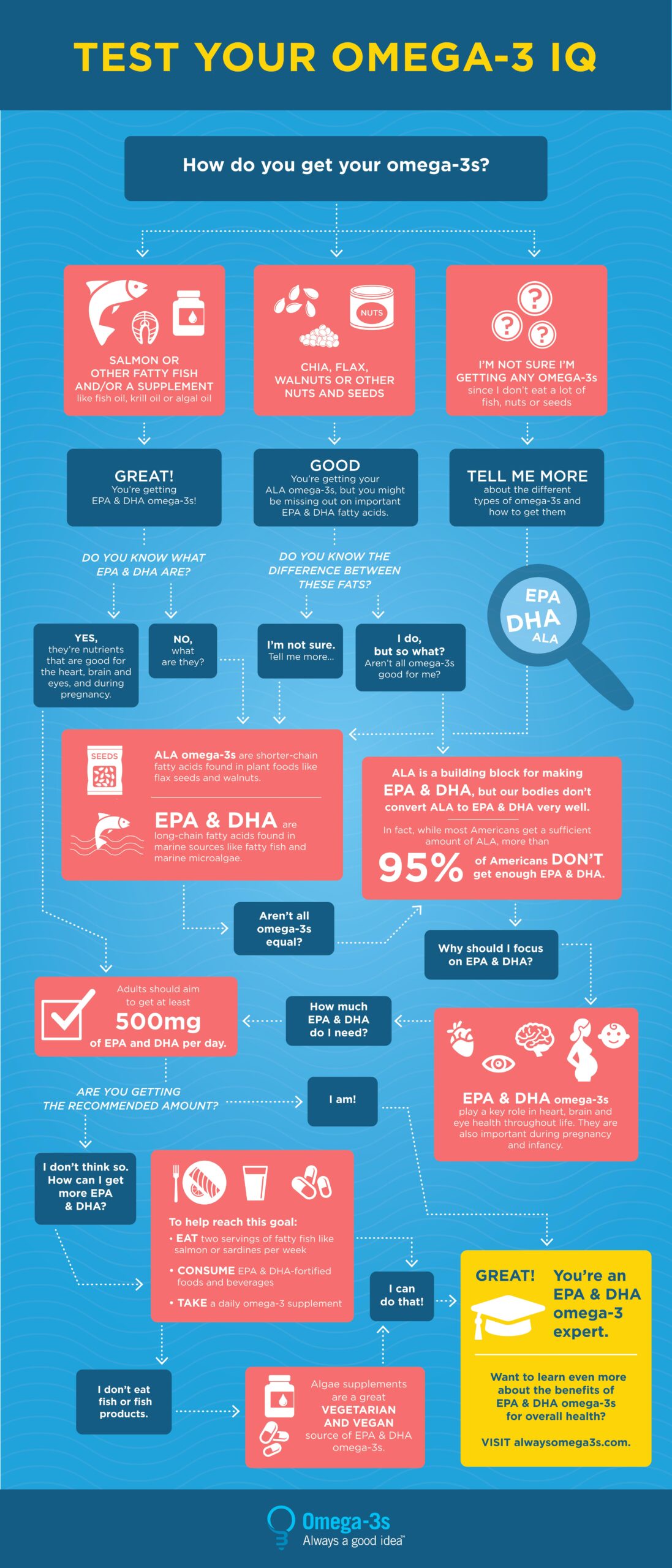
Concussions are a growing concern in sports and other physical activities, with many kids, athletes, and weekend warriors at risk of sustaining this type of head injury. While there are steps you can take to reduce your risk of concussion, such as wearing appropriate protective gear and avoiding unnecessary risks (which no doubt sounds boring!) there is also one more factor that can help: Omega-3 Fatty Acids.
Let’s take a look at how Omega-3s can provide protection against concussions and what you NEED do to ensure you’re getting enough of this crucial nutrient – it even has its own global recognition day now on March 3rd!
Omega-3 fatty acids are a type of polyunsaturated fat that are essential for human health, in fact Every Single cell in your body needs them!! This important nutrient is found in a variety of foods, including oily fish, flaxseed, and walnuts – but please be aware, plant sources don’t absorb as well, and may not be converted efficiently for use by many people (this conversion is genetic & we can’t all do it!). Omega-3s play a critical role in brain health, as they help support the structure and function of your brain cells.
Research has shown that Omega-3s appeared to help protect against the damaging effects of concussions. In one study, athletes who took Omega-3 supplements experienced a 50% reduction in the number of concussions they sustained over the course of a season. This suggests that Omega-3s may help reduce the severity of concussions and their long-term effects on brain function. In a military study in 2011, soldiers who took the recommended dose of 3000mg of EPA + DHA improved the resilience of their brain to withstand injury, to minimise the damage of secondary injuries AND it allowed their brain to begin the healing process immediately.
Omega-3s work by reducing inflammation in the brain, which can help protect brain cells from damage. They also support the production of neuroprotective proteins, which can help repair damaged brain cells and reduce the risk of long-term brain damage.
To ensure you’re getting enough Omega-3s, it’s important to include foods that are rich in these nutrients in your diet. Fatty fish, such as salmon, herring, sardines, and tuna, are excellent sources of Omega-3s. Plant sources of Omega-3s include flaxseed, chia seeds, and walnuts.
It’s near impossible to get enough (ie this protective dose) Omega-3s from your diet, particularly for athletes and expectant mothers, so you may want to consider taking a supplement. Omega-3 supplements are available in both fish oil and algae-based forms. High potency, clean (low toxin / low heavy metal) products such as OrthoPlex or Nordic Naturals are your safest bet – as well as the highest potency, so you need to take considerably less capsules each day.
While Omega-3s have definitely been shown to provide protection against concussions, there are other steps you can take to reduce your risk of sustaining a head injury. Here are a few additional ways to protect against concussions:
Wear appropriate protective gear, such as helmets and mouthguards, when playing contact sports.
Avoid unnecessary risks, such as playing through an injury or engaging in high-risk activities (mountain biking has become one of our most common concussion-creating sports away from football codes).
Learn proper techniques for physical activities to reduce the risk of head injury.
Take a break if you experience any symptoms of a concussion, such as headaches, dizziness, or confusion.

Q: Can Omega-3s help with the symptoms of a concussion?
A: Omega-3s not only protect against the damaging effects of concussions, they have also shown to help with the symptoms of a concussion at the right doses – much higher than noted above. However, it’s important to seek medical attention if you experience any signs of a head injury to ensure no bleeding on the brain, then seek the help of a healthcare practitioner to support your brain healing through diet, nutritional supplementation, appropriate exercise prescription, and potentially other healing modalities.
Q: How much Omega-3 should I be getting each day?
A: The recommended daily intake of Omega-3s varies depending on your age and sex. However, most adults should aim for at least 1000mg of Omega-3s (combined EPA+DHA) per day, 3000mg for those playing at risk with sport, or a past concussion history.
Q: Can I test my Omega 3 levels?
A: Yes! In our clinic, we offer OmegaQuant Omega 3 Index blood spot testing to find out your total Omega 3 level, your Omega 6: Omega 3 ratio (inflammatory fat status), AA:EPA ratio (anti-inflammatory ratio) & your trans-fat levels. For pregnant and breastfeeding women, we now have Mother’s DHA, and breastmilk DHA level testing to optimise your baby’s brain health and development